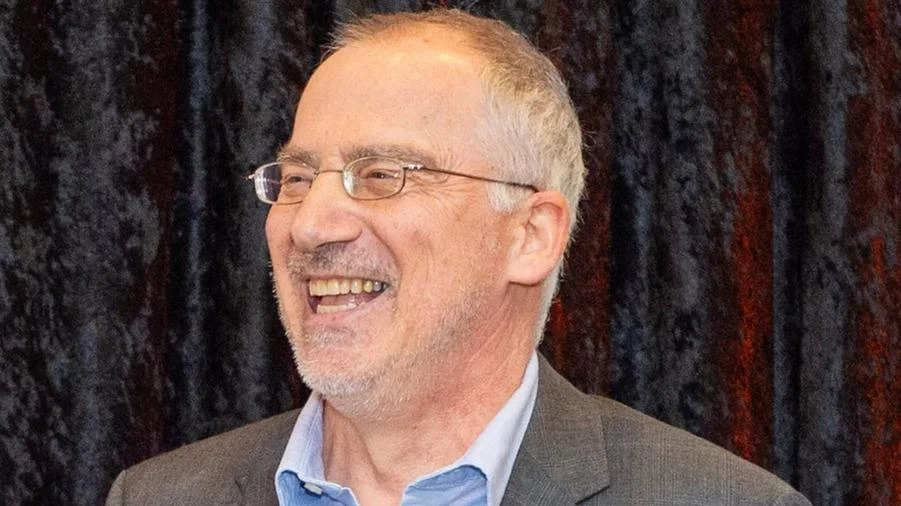
From the outside, Brenda Adimora appears to be a successful and busy attorney with no signs of illness. However, she has been living with sickle cell disease since birth. Adimora is an active labor and employment attorney and has served as chair of the board of trustees for the Houston Young Lawyers Foundation.
Sickle cell disease is a group of inherited red blood cell disorders affecting over 100,000 people in the United States and 8 million worldwide, according to the National Institutes of Health (NIH). The condition causes hemoglobin in blood cells to become misshapen, leading to blockages in blood flow throughout the body. This often results in a vaso-occlusive crisis.
Adimora has been under the care of Modupe Idowu, MD, professor of hematology at McGovern Medical School at UTHealth Houston and director at UT Physicians Comprehensive Adult Sickle Cell Center, since 2019. Idowu has also mentored Adimora’s younger sister, who specializes in treating sickle cell patients.
Idowu noted that individuals with sickle cell anemia genotype HbSS can experience severe health issues. Earlier this year, Adimora was hospitalized for eight days due to a serious sickle cell crisis involving extreme joint pain and requiring treatments such as blood transfusions.
Reflecting on her experience, Adimora said: “That was a very severe sickle cell crisis... I haven’t had a hospitalization like that since I was a child.” She emphasized the importance of managing stress alongside her chronic condition: “I think being in the hospital kind of reminds you to slow down.”
Adimora discovered UT Physicians Comprehensive Adult Sickle Cell Center through a friend who also suffers from sickle cell disease. The center provides timely care for pain episodes and offers preventive medications like hydroxyurea. Adimora participated in clinical trials for hydroxyurea as a child and continues its use today: “I think I’m really responsive to hydroxyurea.”
Hydroxyurea works by inducing fetal hemoglobin production and hydrating red blood cells. According to Idowu: “Hydroxyurea appears to repair blood vessels... it helps the blood flow.”
Advancements in therapies offer hope for patients like Adimora. Transformative treatments such as blood and bone marrow transplants or gene therapy may be potential cures for some patients.
Despite challenges, Adimora remains optimistic about her future with new medical research developments: “I think a lot of eyes are on sickle cell now... if they’re not, they will be soon.”